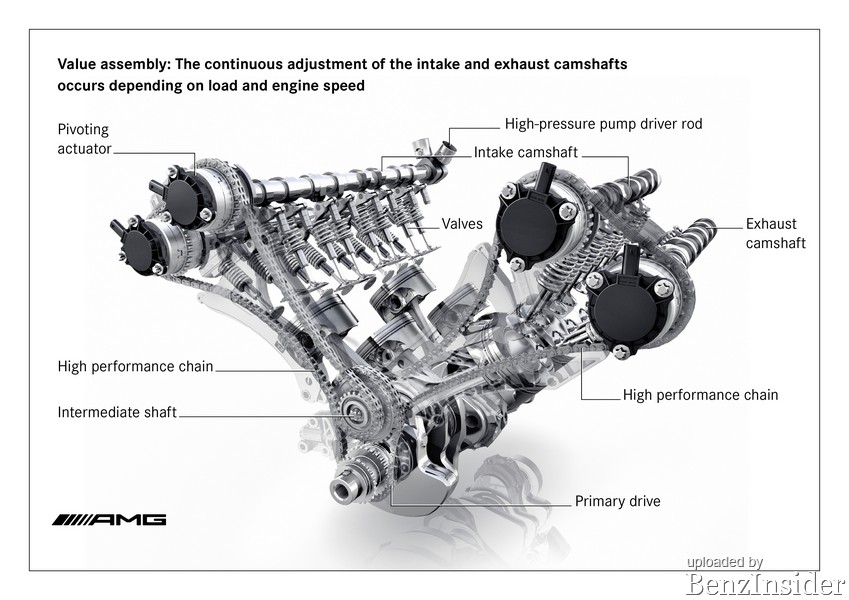Originally Posted By: Pontual
Abused car? Let's see:
"The lifters started sticking at about 20k." You changed the oil, really?
"The main bearings developed excess clearance with some audible knocking at about 23k." Excess load and rpms do that
"Too many water pumps to count." Excess rpm gives that
Not the engine itself but other parts failed often too.
"Power Steering pumps." Not engine related, just bashing the car
"A couple power steering racks." same here
"Numerous factory Alternators." Redlining all day long gives you that
"The trans was rebuilt at 30k, 65k, and finally at 95k." Full throttle takeoff launches gives that.
"A headgasket finally let go at just over 100k, and I told my Mom it was time to stop throwing good money after bad." Low grade gasoline on abused car gave you that.
About the Camry, let me guess: You weren't driving neither maintaining her cars anymore.
You are completely wrong on all counts.
I didn't drive her Taurus. I was a grown man with my own cars and I was an ASE Master Tech at the time. I was and am more than qualified and capable of performing any repair it or any car might need.
She has never driven a car hard in her life. Certainly not at the age of 60, when she started driving the Taurus.
I performed all of it's basic maintenance while she owned it. I used correct quality fluids, on a schedule that was even stricter than the Severe Service schedule spelled out by Ford. Think oil changes every 3 months or 3k miles.
Any work it needed beyond basic maintenance while under warranty, was performed by the Ford Dealer.
The Camry has been maintained and driven the same. Not one single problem.
The Taurus was a lemon. It was a true POS.
Abused car? Let's see:
"The lifters started sticking at about 20k." You changed the oil, really?
"The main bearings developed excess clearance with some audible knocking at about 23k." Excess load and rpms do that
"Too many water pumps to count." Excess rpm gives that
Not the engine itself but other parts failed often too.
"Power Steering pumps." Not engine related, just bashing the car
"A couple power steering racks." same here
"Numerous factory Alternators." Redlining all day long gives you that
"The trans was rebuilt at 30k, 65k, and finally at 95k." Full throttle takeoff launches gives that.
"A headgasket finally let go at just over 100k, and I told my Mom it was time to stop throwing good money after bad." Low grade gasoline on abused car gave you that.
About the Camry, let me guess: You weren't driving neither maintaining her cars anymore.
You are completely wrong on all counts.
I didn't drive her Taurus. I was a grown man with my own cars and I was an ASE Master Tech at the time. I was and am more than qualified and capable of performing any repair it or any car might need.
She has never driven a car hard in her life. Certainly not at the age of 60, when she started driving the Taurus.
I performed all of it's basic maintenance while she owned it. I used correct quality fluids, on a schedule that was even stricter than the Severe Service schedule spelled out by Ford. Think oil changes every 3 months or 3k miles.
Any work it needed beyond basic maintenance while under warranty, was performed by the Ford Dealer.
The Camry has been maintained and driven the same. Not one single problem.
The Taurus was a lemon. It was a true POS.
Last edited:



